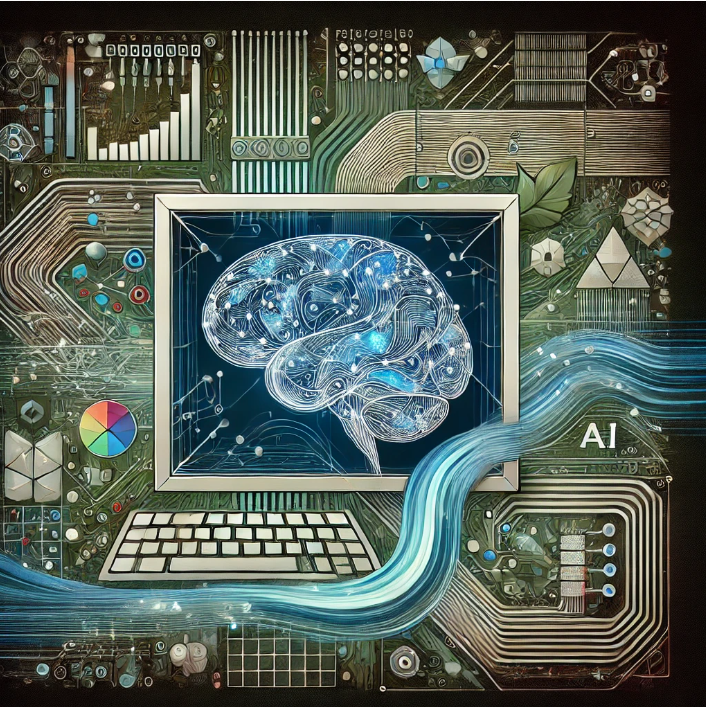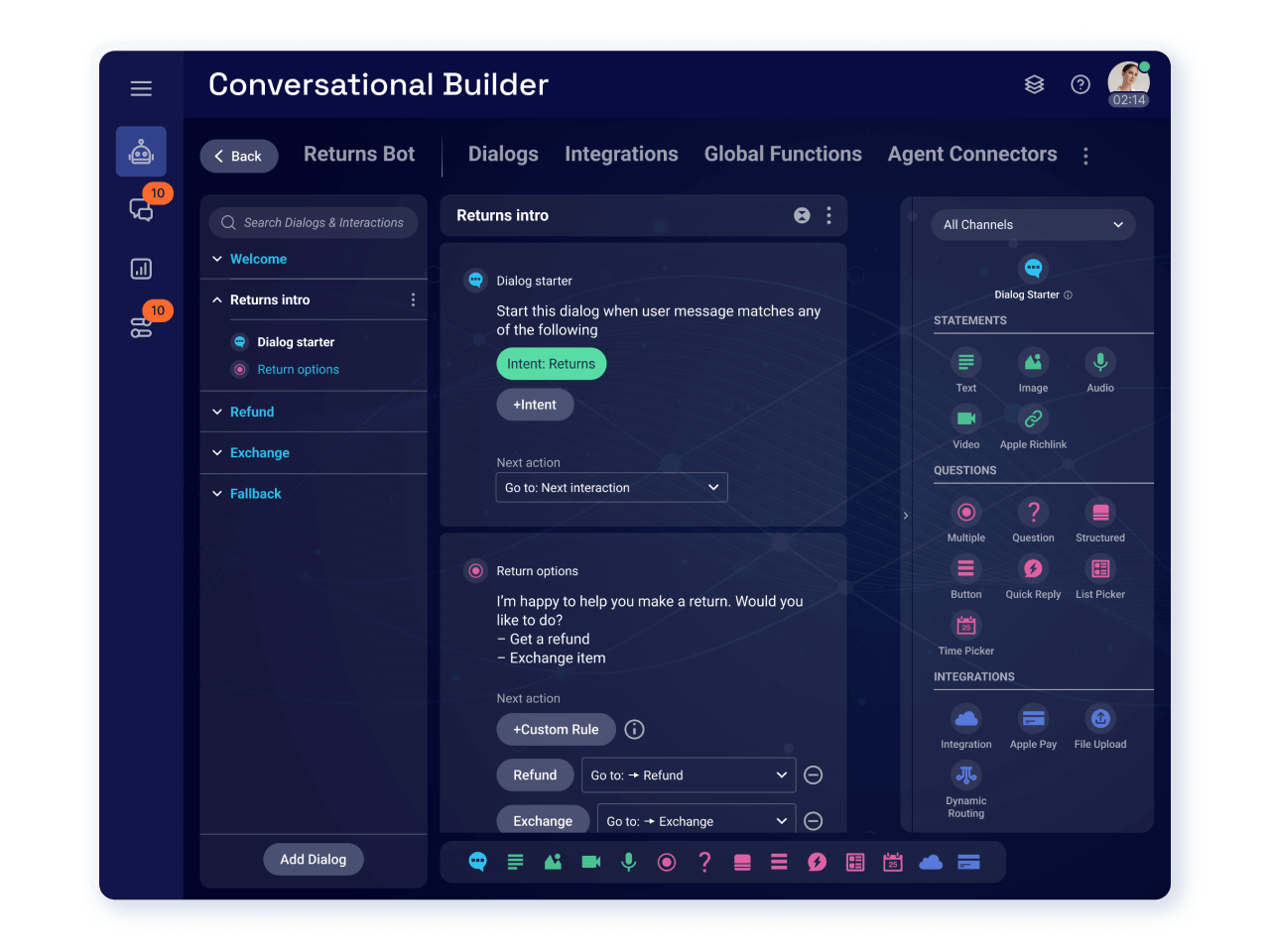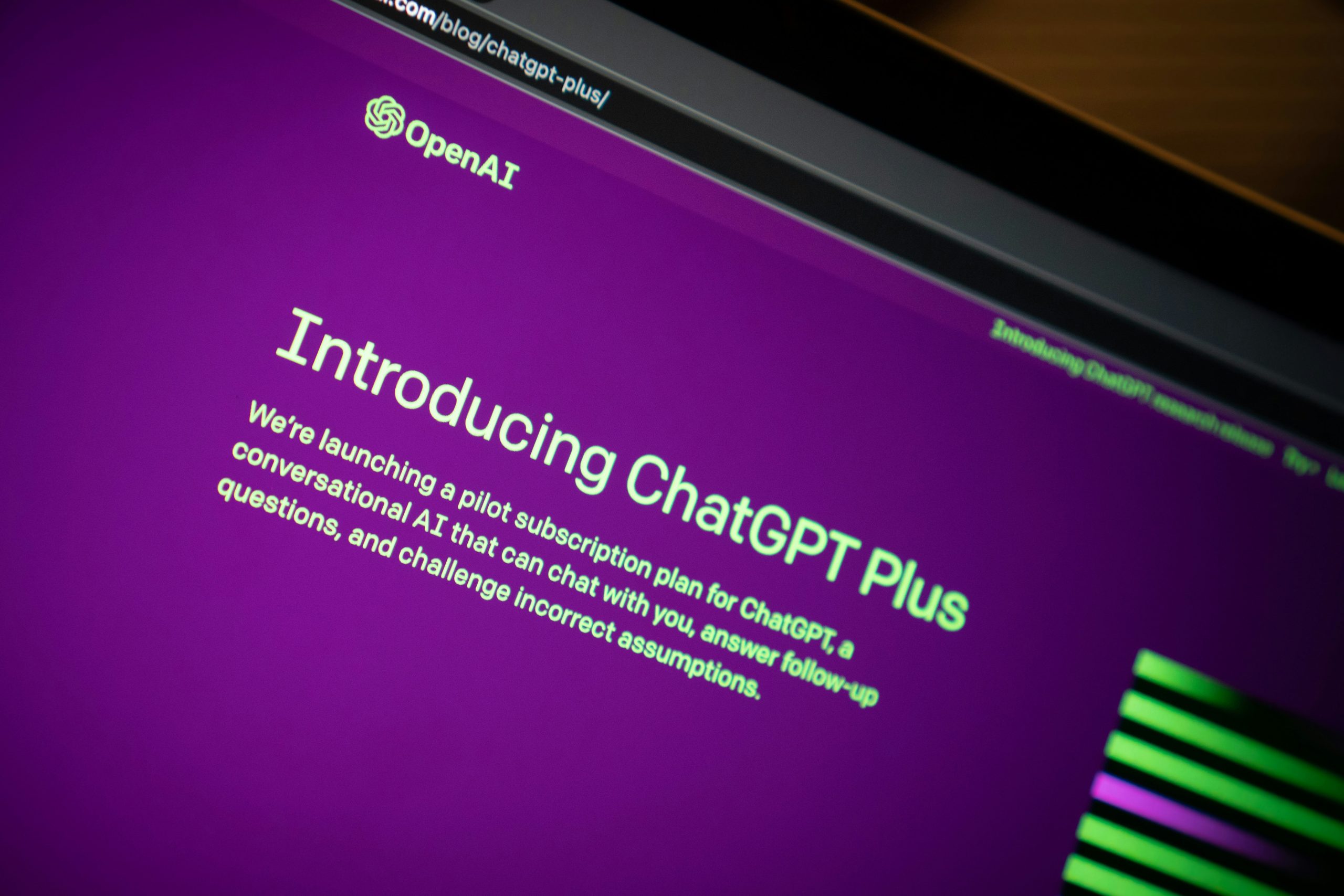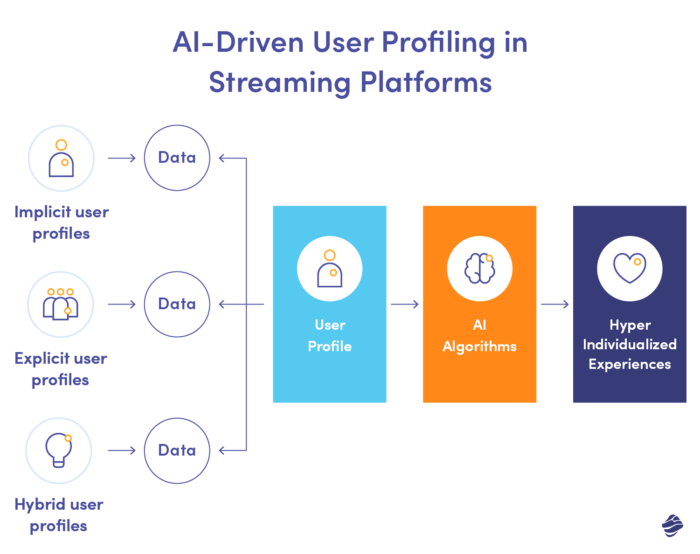OpenAI Acquiring Chrome? The Strategic Implications for the Future of Browsing and AI Integration
During the recent times, the US Department of Justice (DOJ) ordered Google to sell Chrome following a 2024 antitrust ruling, citing monopolistic practices in search and advertising markets. Amid this development, speculation has emerged that OpenAI, known for ChatGPT, could be a potential buyer. While the acquisition remains unconfirmed as Google plans to appeal, the possibility raises significant questions about the future of browsing, search, and AI integration. This article examines the strategic implications, market impacts, and regulatory challenges of such a move.
Strategic Outcomes of an OpenAI Acquisition of Chrome:
Direct User Access: OpenAI would gain a distribution channel for its AI tools, reaching billions without relying on third-party platforms like Microsoft’s Bing, which currently integrates ChatGPT.
Control Over Search Behavior: OpenAI could redirect search queries through its conversational AI, such as ChatGPT, which serves 200 million weekly users. This would shift users from link-based search to direct answers.

Data Utilization: With proper safeguards, Chrome’s usage data could enhance OpenAI’s models, improving personalization and performance, though this would require compliance with privacy laws like GDPR.
AI-First Browser: Chrome could become a platform where large language models (LLMs) are natively integrated, offering features like real-time content summarization or contextual browsing assistance.
Transforming Search Functionality:
Conversational Search: Users could ask complex questions and receive synthesized answers drawing on real-time data, sentiment analysis, and market trends.
Reduced Reliance on Middlemen: Websites dependent on search engine optimization (SEO) might see a traffic decline as users could get answers directly from the browser.

Hyper-Personalized Results: Chrome could tailor results based on user context, delivering highly relevant insights.
Market Effects of an OpenAI-Controlled Chrome:
OpenAI: Gains a direct consumer interface, new monetization avenues, and reduced dependency on partners.
Hardware and AI Infrastructure: NVIDIA and AMD could see a demand increase for real-time AI inference as browser-based AI scales.

AI-First Startups: Developers could build new tools, fostering innovation in user experience.
Google: Losing Chrome would disrupt Google’s ad revenue ecosystem.
SEO-Dependent Businesses: A shift to conversational search could impact publishers and affiliate marketers.

Traditional Web Design: With AI delivering direct answers, metrics like page layout and click-through rates may lose relevance.
Regulatory Implications of an OpenAI-Chrome Acquisition:
Monopoly Risks: Combining Chrome’s share with OpenAI’s AI leadership could prompt antitrust action.
Privacy and Data Use: Compliance with data protection laws would be critical.
Data Sovereignty: Laws requiring data residency could complicate operations.
Competition Impact: Smaller search engines may face exclusion, raising anticompetitive concerns.
The hypothetical acquisition of Chrome by OpenAI could redefine the internet’s core experience. By transforming the browser into an AI-powered co-pilot, OpenAI would shift search from static links to dynamic insights, impacting industries from advertising to web design. However, regulatory hurdles and ethical concerns around privacy and competition loom large. Business leaders must monitor this development closely, as it could signal a new era where the browser becomes the central interface for understanding the digital world.


















